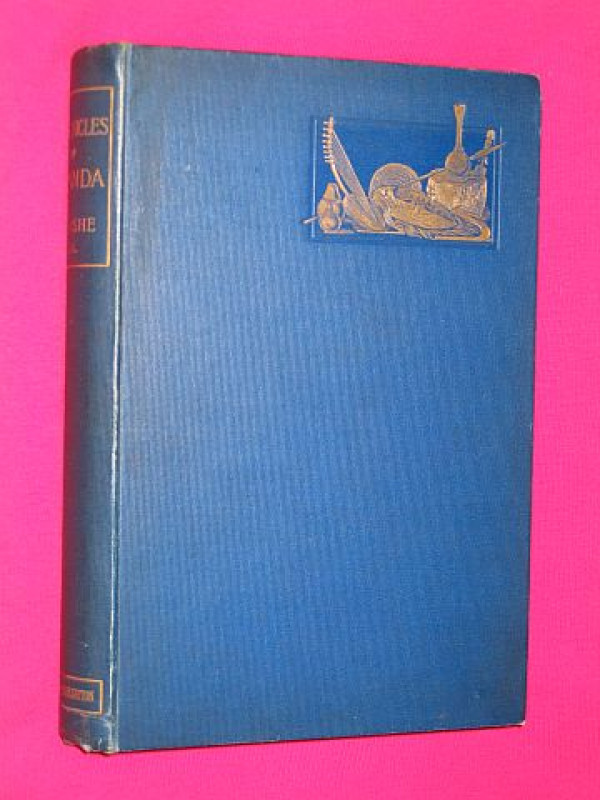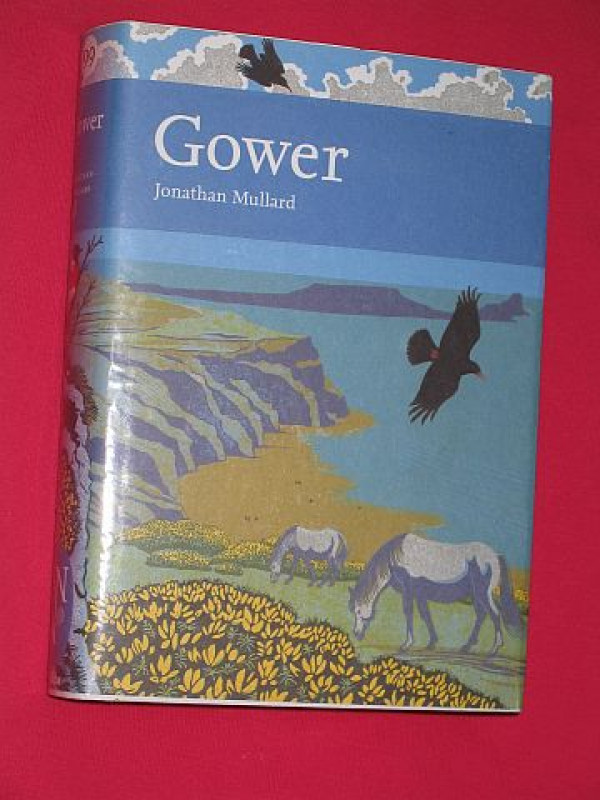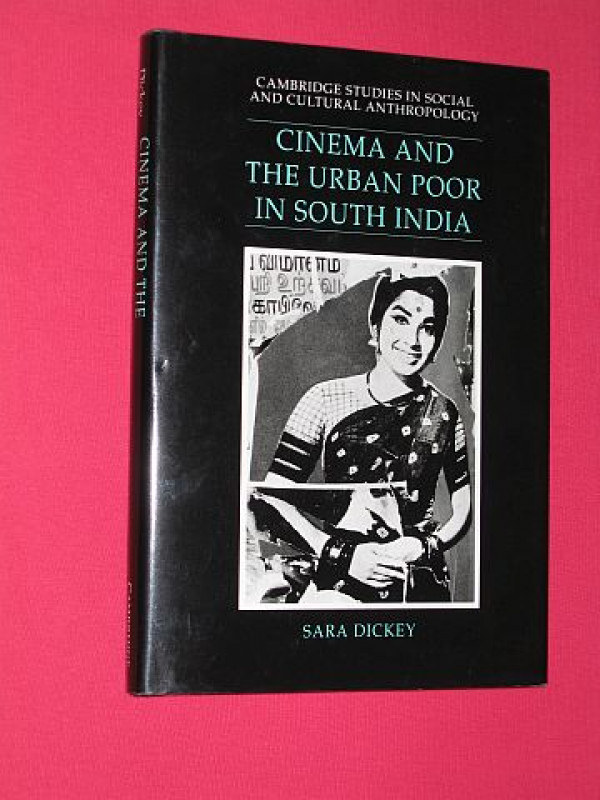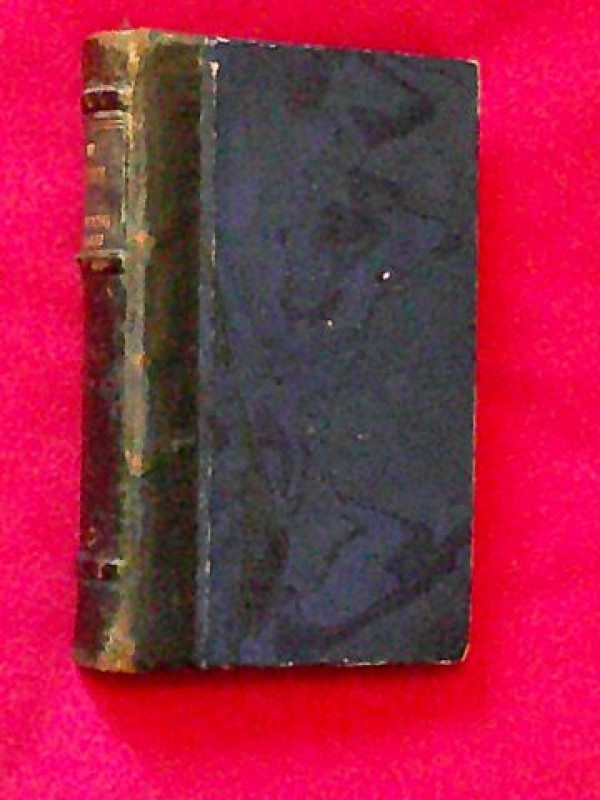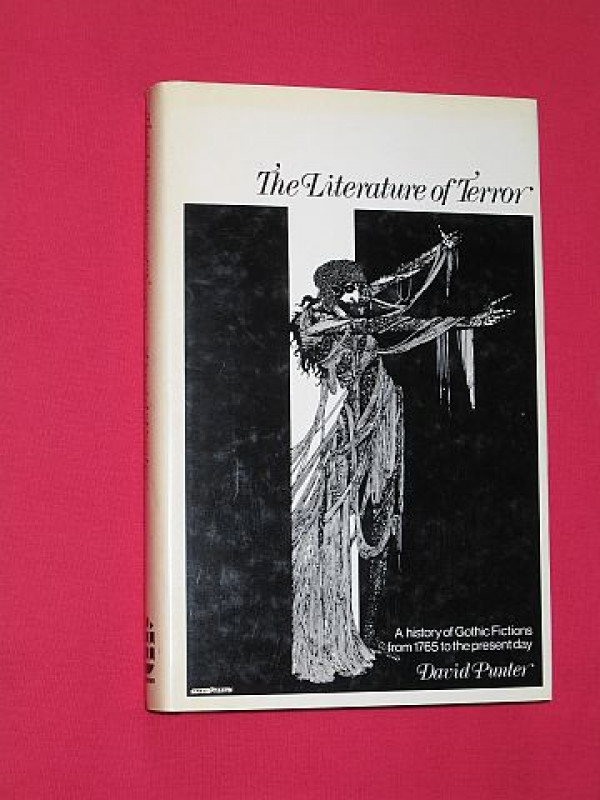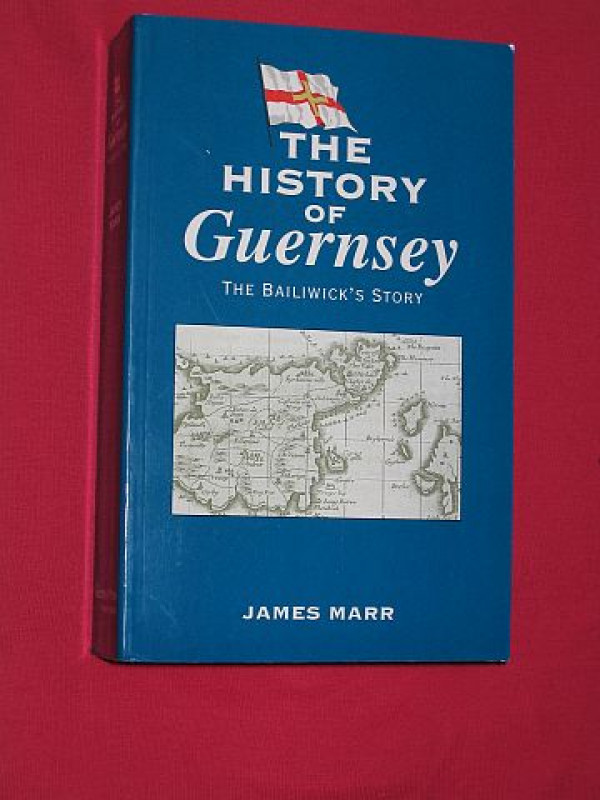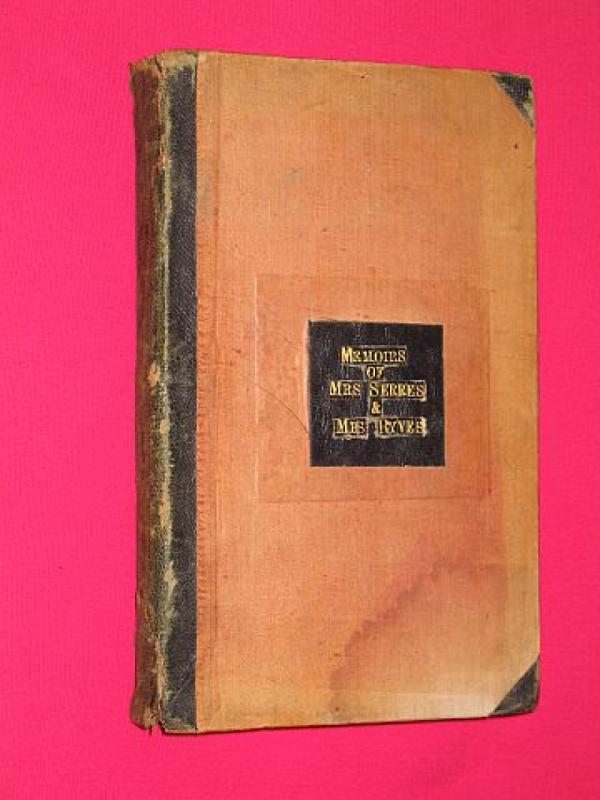Principles of Hindu Reckoning. A Translation with Introduction and Notes by Martin Levey and Marvin Petruck of the Kitab fi usul hisab al-hind.
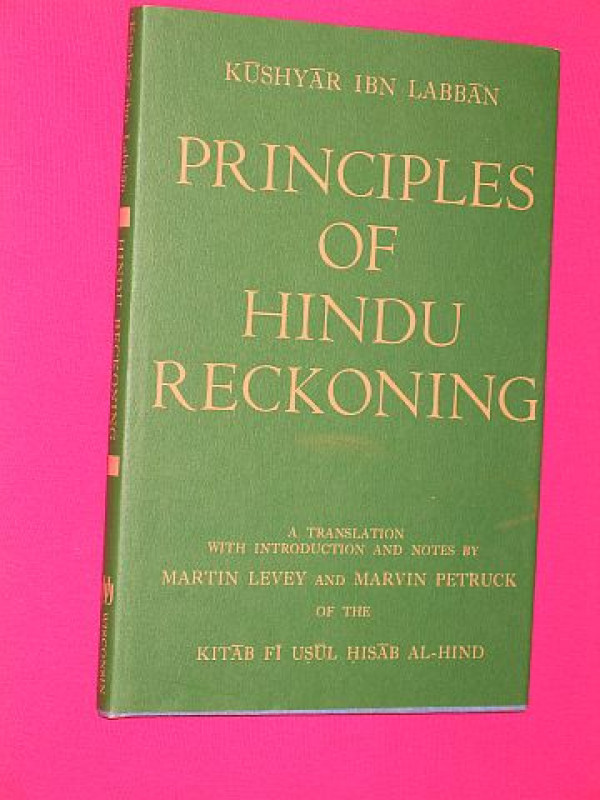

Book Description
A publication in the University of Wisconsin 'Medieval Science' series; 40 page introduction followed by photographic copies of the Arabic manuscript, with English translation on the facing page. The tenth and eleventh centuries saw the apogee of Arabic science, and particularly in mathematics this was a fruitful period. From the time of al-Khwarizmi, in the ninth century, a succession of Arabic mathematicians made original contributions to the algorismic development of the fundamental arithmetical operations. Among these was Kushyar ibn Labban, whose Principles of Hindu Reckoning, here translated, is the oldest surviving mathematical text in Arabic using Hindu numerals. Kushyar, a Persian who wrote in the late tenth and early eleventh centuries, was primarily known as an astronomer, but he was influential in mathematics and was the teacher of the well-known algorist al-Nasawi. His Principles of Hindu Reckoning is one of the most important of the Arabic arithmetical treatises. In it Kushyar displays considerable originality, particularly in his grasp of the sexagesimal system, which he discusses in the second half of the text, and in his concept of "marks," both of which were definite steps in the development of exponents. Study of his work and that of other Islamic mathematicians who preceded & followed him suggests that the Arabs were not merely transmitters of other cultures but made significant contributions of their own.
Dealer Notes
First Edition; 8vo - over 7¾" - 9¾" tall; Gilt titles spine; Includes glossary & index.
Author
Labban, Kushyar Ibn
Date
1965
Binding
Hardcover (Original Blue Cloth)
Publisher
University of Wisconsin Press, Madison, Wisconsin
Condition
Fine/Fine
Pages
xii + 114
Friends of the PBFA
For £10 get free entry to our fairs, updates from the PBFA and more.
Please email info@pbfa.org for more information
